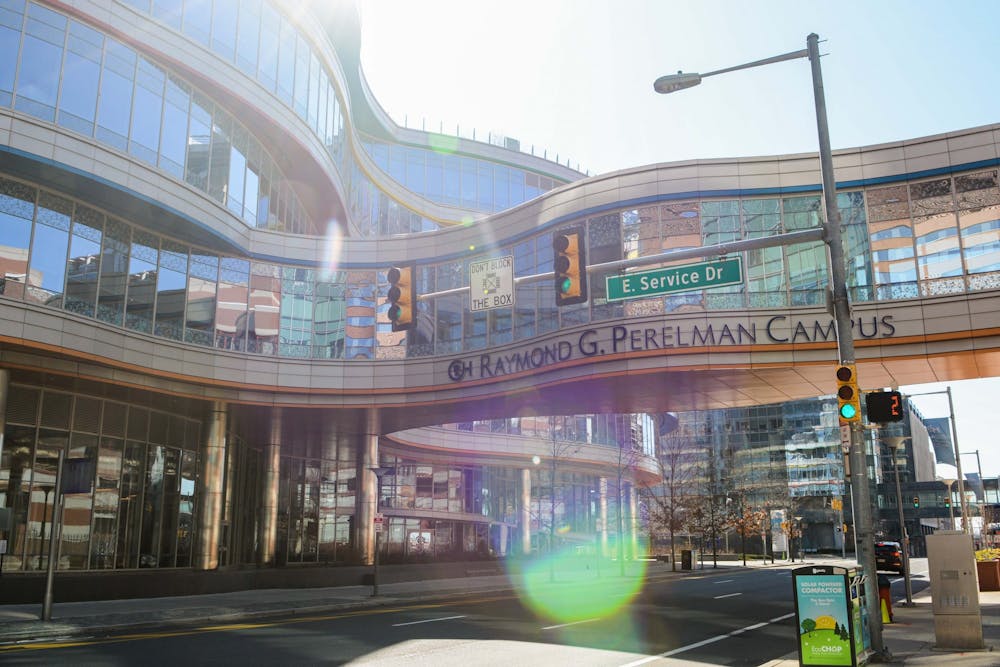Researchers from the Perelman School of Medicine discovered a new approach to a type of immunotherapy that could significantly increase the accessibility of the cancer treatment by reducing the time it takes to process cancer-fighting cells.
The immunotherapy technique — CAR T cell therapy — was originally pioneered at Penn. The study published in "Nature Biomedical Engineering" showed that scientists were able to reduce the time it takes to train the body's immune cells to find and fight cancer from approximately 9 to 14 days to just 24 hours.
The results of this study, which began in 2018, have the potential to not only reduce the time it takes to develop the treatment but also the cost, materials, and labor required to generate the immune cells. This can be beneficial to patients in resource-poor health care environments and who have rapidly progressive cancer.
“By simplifying the whole process, then this can happen anywhere, and any hospital can process it even in the most resource constrained area or any country,” lead researcher and research assistant professor of Pathology and Laboratory Medicine Saba Ghassemi told The Daily Pennsylvanian. She added that by shortening the process, patients could have access to the therapy in their local hospitals, thereby making it unnecessary to travel to receive the therapy, which also relieves the financial burden.
The CAR T cell therapy technique is used to fight cancer using a patient’s own altered immune cells that are taken from their blood. The cells are altered in the lab by adding a gene for a receptor and then infused back into the patient's body to locate and destroy cancer cells, according to Penn Medicine.
The shortened process that the Penn Medicine researchers discovered ensures that the cells are of higher quality. When the cells are removed for too long, they can lose their ability to replicate, which is essential to the effectiveness of the treatment. In their study, the researchers learned that the quality rather than the quantity of the CAR T cell product is an important factor for the success of the therapy.
Penn has been a leader in CAR T cell research and development. In 2017, the first therapy was approved by the FDA for treatment of pediatric and young adult patients with acute lymphoblastic leukemia.
Ghassemi said the researchers now hope to optimize the process and make it as effective as possible.
RELATED:
Wistar Institute’s Cancer Center receives $10 million donation to expand cancer research
Penn Medicine’s Carl June awarded Dan David Prize for breakthroughs in cancer treatment
“The more we optimize the process, the more we can get higher transaction efficiency,” she said.
“Building on our research from 2018 that reduced the standard manufacturing approach to three days, and now to less than 24 hours, the manufacturing method reported in this study is a testament to the potential to innovate and improve the production of CAR T cell therapies for the benefit of more patients,” Michael Milone, lead researcher and professor of Pathology and Laboratory Medicine, said in a press release on March 29.









